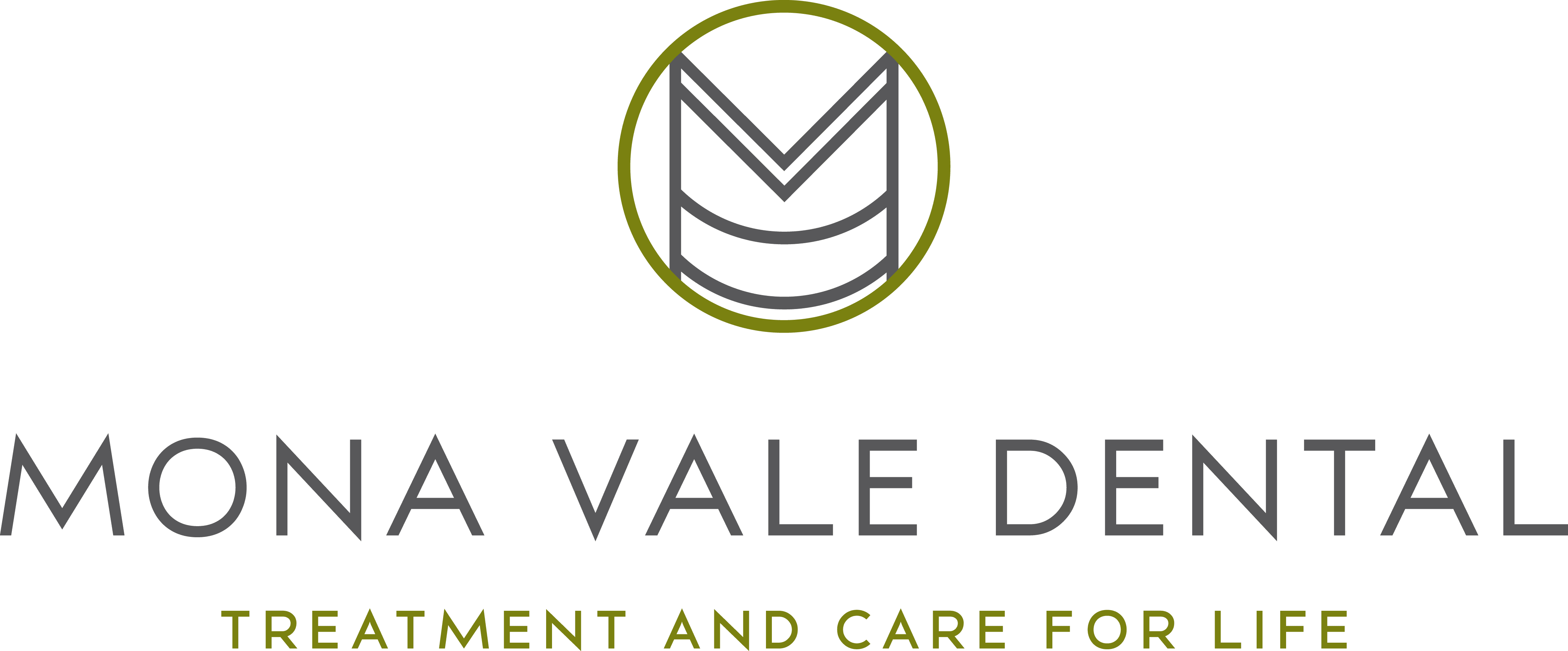Have you noticed brown or white spots on your child’s teeth? Do they experience pain when eating, or after brushing? Molar Hypomineralisation (“chalky teeth”) in children is a common problem that requires urgent dental care.
Flossing.
Eating well.
Tick, tick and tick.
As a parent, no doubt you do everything in your power to maintain your child’s oral health.
But sometimes this isn’t enough. Unfortunately, even the most vigilant brushers can get “chalky teeth” – another word for molar hypomineralisation.
This painful condition affects one in six Australian children, wreaking havoc on their mouths. Developmental problems inside the jaw during infancy cause adult molars to emerge with damaged enamel, around the age of six. In other words, the tooth forms abnormally before it surfaces from the gums.
Chalky teeth decay easily, because they never built healthy enamel for protection.
Children with molar hypomineralisation may require 10 times the amount of dental treatments than average, according to the Australian and New Zealand Society of Paediatric Dentistry.
Any child can develop this condition, regardless of their dental hygiene, dietary habits or socioeconomic background. Some dentists report a surge in the number of cases they see, but there’s still so much to learn, despite the frequency.
We tell you what to look for and what to do if you suspect that your child has MIH. Early detection is vital and saves teeth!
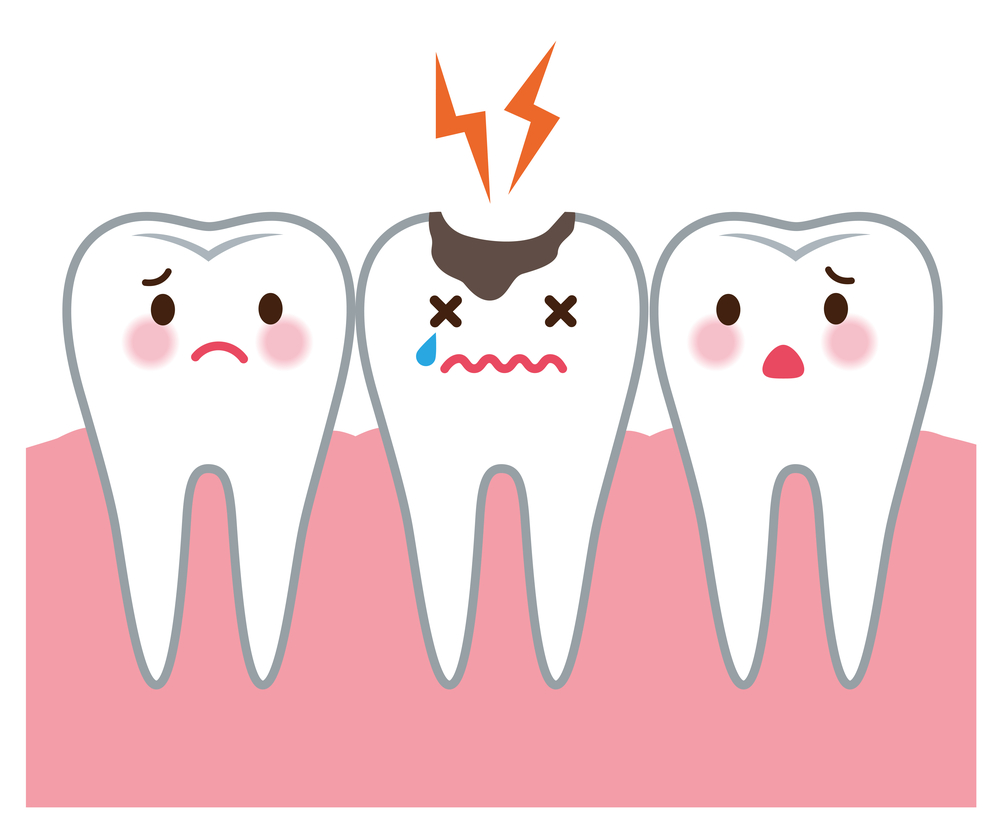
What causes chalky teeth (molar hypomineralisation)?
The underlying cause of molar hypomineralisation as a developmental condition is still a puzzle.
Researchers believe that children with poor health in their infancy are most at risk. This could be linked to any number of factors, including low birth weight, metabolic disorders, malnutrition, respiratory problems, antibiotics or high fevers.
We know that diet or hygiene aren’t to blame, so that can be ruled out.
Molar hypomineralisation occurs while teeth are still forming in the jaw. Children with the condition develop soft, porous and rough teeth that lack adequate calcium levels. As a result, their mouths are susceptible to decay.
It doesn’t take much for serious damage to occur – ordinary chewing and dietary acid alone may cause teeth to crumble.
Healthy teeth contain up to 21 per cent more mineral than chalky teeth, which lack the thermal protection needed to shield nerves from hot and cold temperatures. As you can imagine, this makes eating and drinking very painful!
Chalky teeth typically break down soon after they’ve emerged and restoration is difficult. The porous nature of the tooth makes it hard for fillings to form a bond.
Molar hypomineralisation mostly affects children. Adults aren’t immune either, though this isn’t as common.
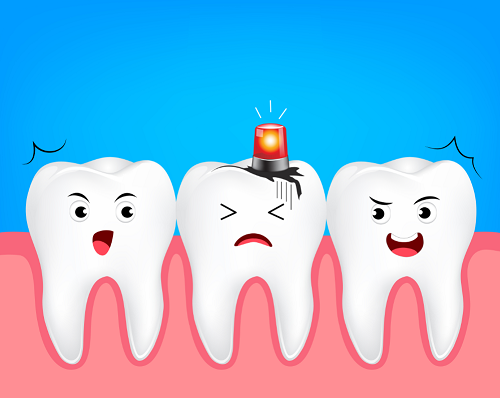
The main symptoms of chalky teeth (molar hypomineralisation):
Primary and permanent molars usually emerge as chalky teeth, but incisors can be affected too, in the worst cases.
Keep an eye out for the following symptoms:
- Bright white spots on teeth
- Light brown spots on teeth
- Patches of cream, yellow or brown on teeth
- Sensitivity to hot or cold foods
- Pain when eating
- Toothache after brushing teeth
Although primary molars fall out naturally after 10 years, it’s vital to take care of these teeth to maintain comfort and general health – especially since they play a major role in chewing food.
As with any condition, children are impacted in different ways. In most cases, the first four adult molars are affected when they surface around six years of age. In extreme cases, teeth can start to crumble as soon as they’ve emerged from the gums. On the milder side of the spectrum, only one tooth might be compromised with slight discolouration.
If you notice any of these signs in your child, make an appointment with their dentist as soon as possible.
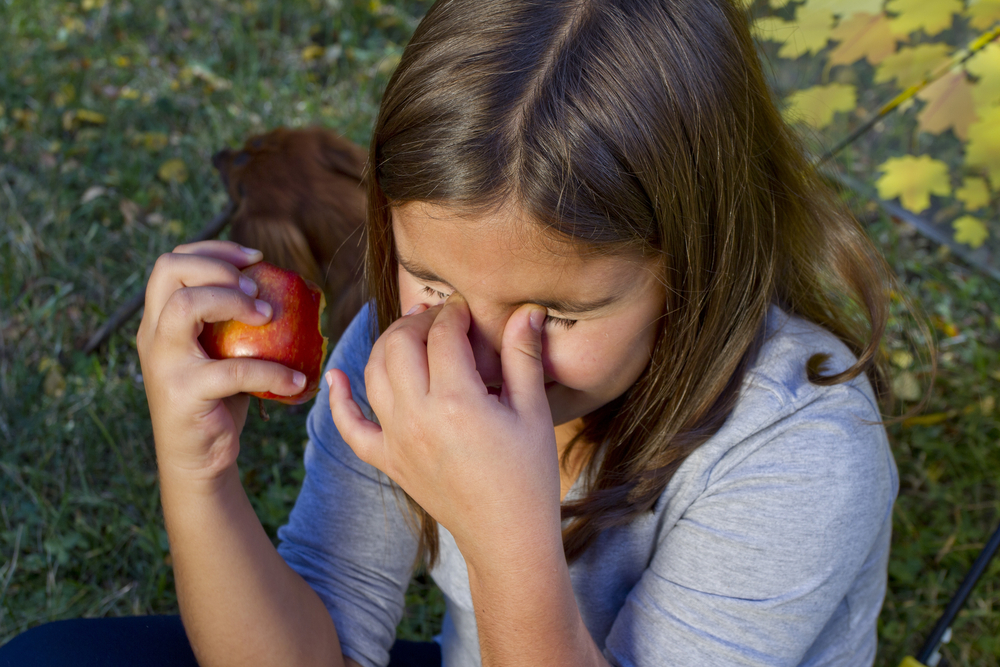
Is there a cure for chalky teeth in children?
Unfortunately no, but this doesn’t mean that nothing can be done.
Your dentist may be able to save the teeth, if the condition is detected early enough!
Children should have regular dental checkups – starting from when their teeth begin to push through the gums. It’s important to maintain these visits as children begin to lose their baby teeth, around six years of age.
In cases where molar hypomineralisation isn’t detected early, extraction might be necessary to ease the pain and prevent further decay. This can be costly and the child may need ongoing orthodontic work.
The treatment plan for chalky teeth depends on the severity of the condition. It may include the following:
- Intensified prevention using fluoride varnish
- Interim stabilisation, typically with preformed stainless-steel crowns
- Fissure sealing
- Composites
- Extraction
- Implants
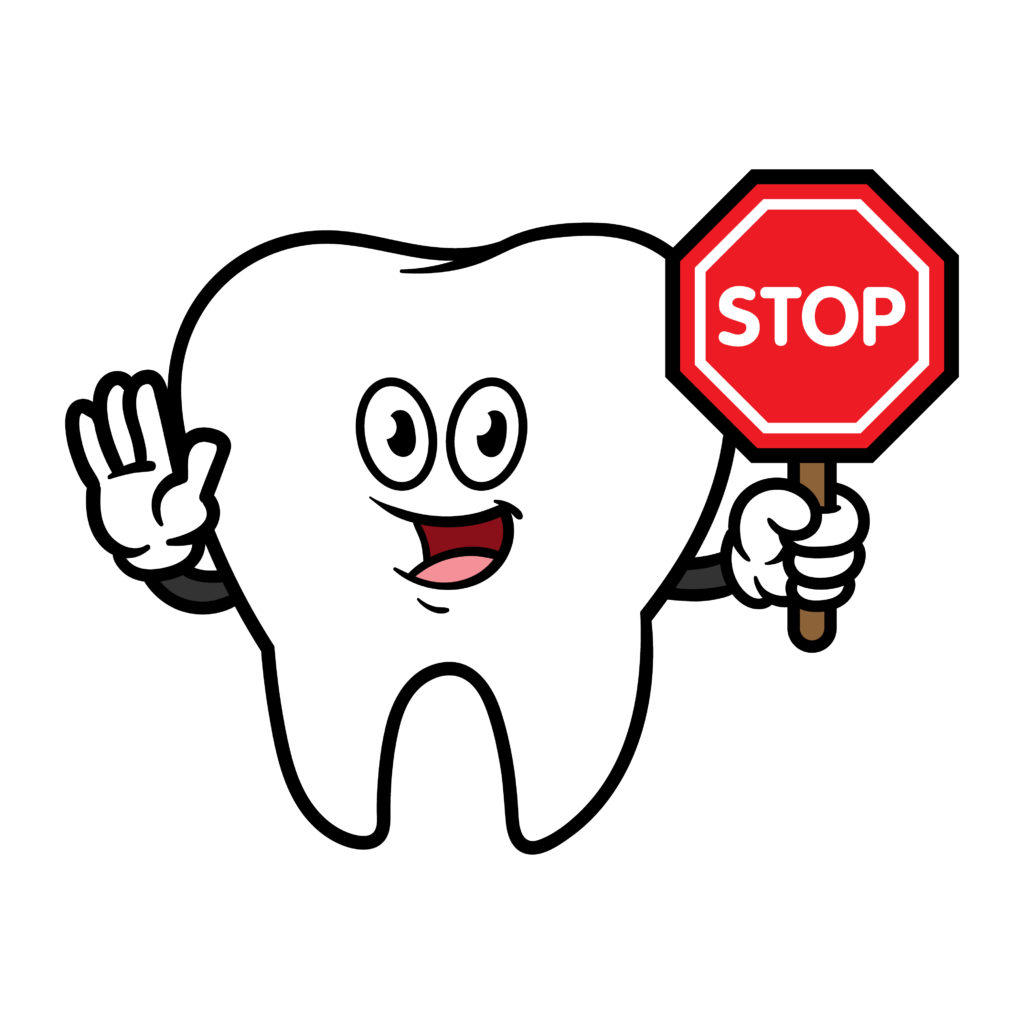
Children are often put under a general anaesthetic for many of these treatments (chalky teeth don’t respond well to local anaesthetic).
How do I prevent molar hypomineralisation?
There’s currently no way to prevent chalky teeth through diet or dental hygiene, since it’s a developmental disorder.
Scientists are doing more research, to find out what increases the risk of acquiring molar hypomineralisation as an infant.
Having said this, there are steps you can take to manage pain and decay (for your child or self). These include:
- Avoid highly acidic foods (which speed up the breakdown of enamel)
- Adopt a strong oral hygiene routine
- Use a desensitising toothpaste to minimise pain
- Make sure toothpaste contains adequate fluoride levels
- Don’t give your children bottles of milk or juice after they’ve brushed their teeth
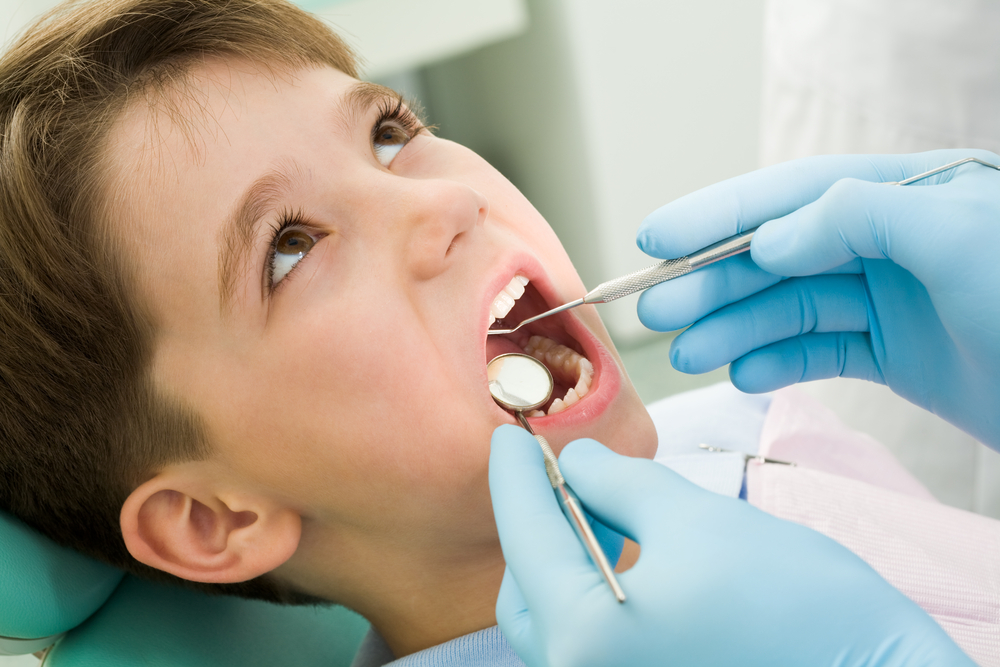
Mona Vale Dental can take care of your child’s teeth
Our staff at Mona Vale Dental are experienced at detecting and treating chalky teeth, as well as screening for other developmental dental defects.
Early intervention makes all the difference in these cases, allowing us to save as many teeth as possible.
We understand how daunting visiting the dentist can be and go out of our way to make sure that children feel comfortable and safe!
Please contact us on (02) 9997 1100 to book an appointment or find out more.


